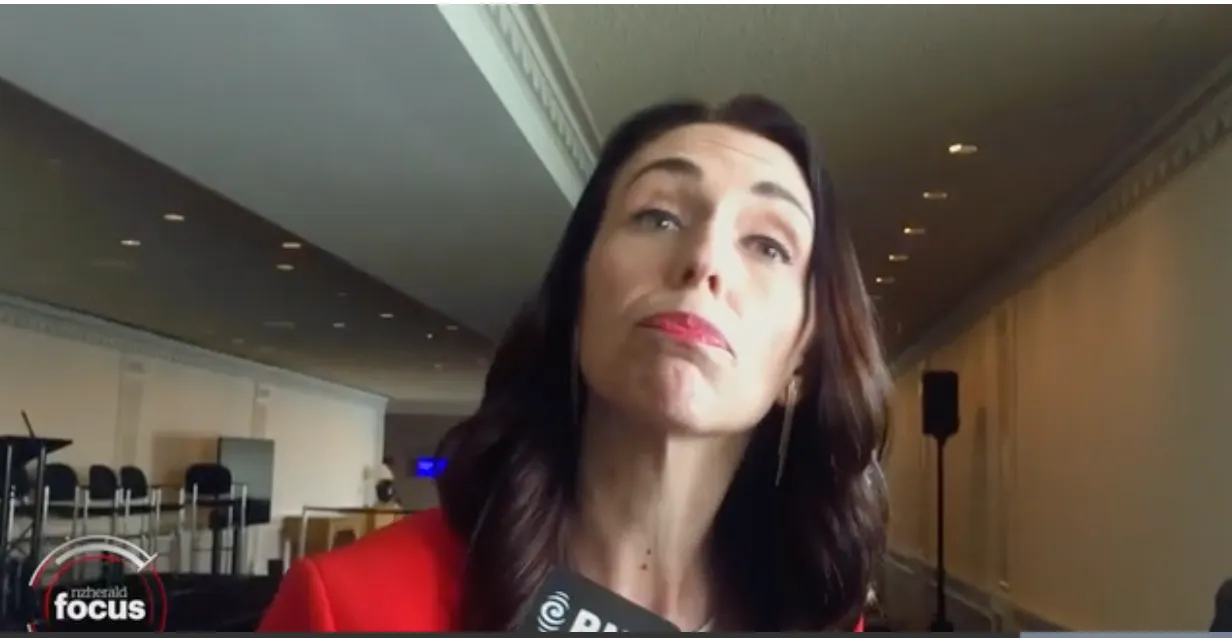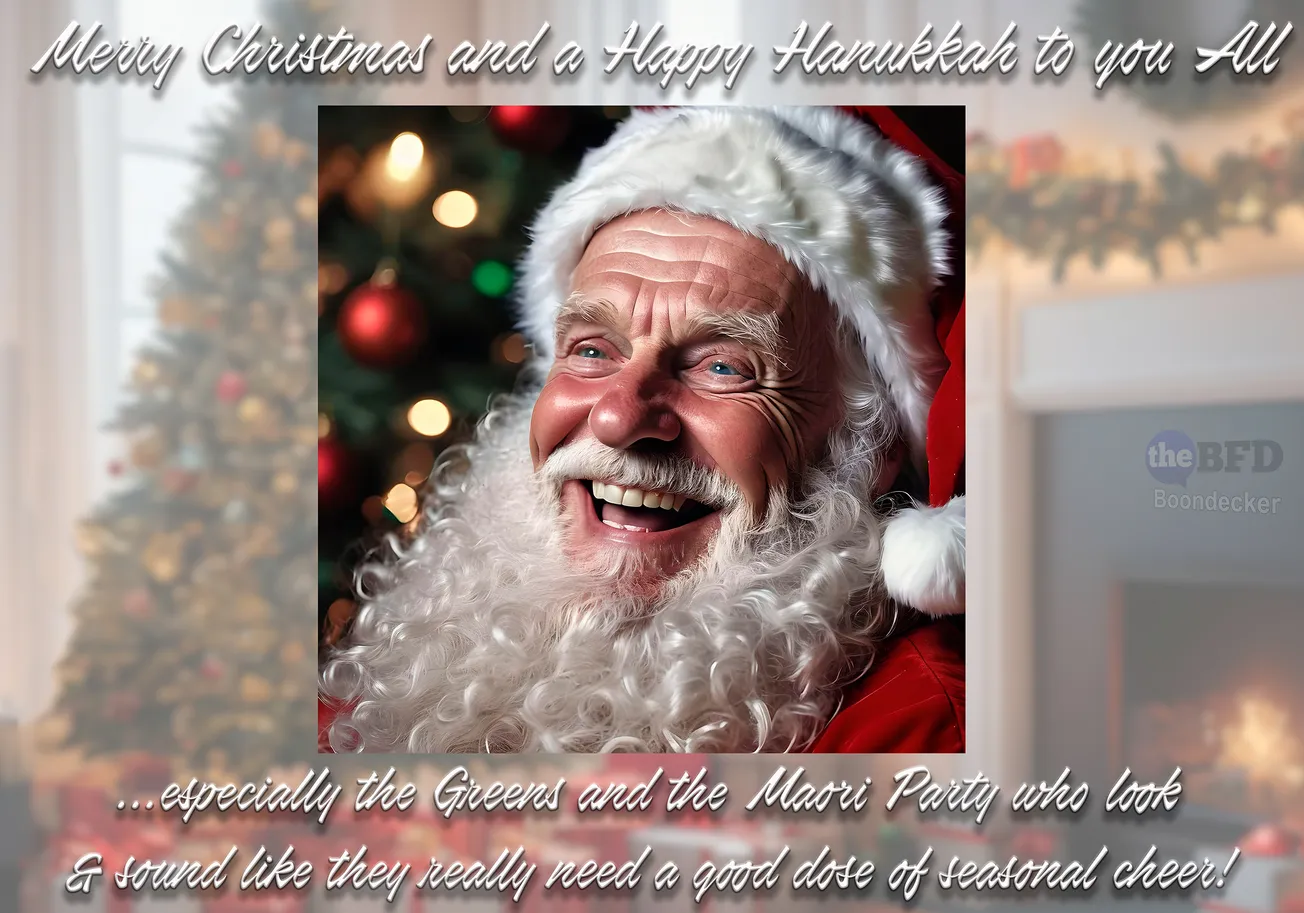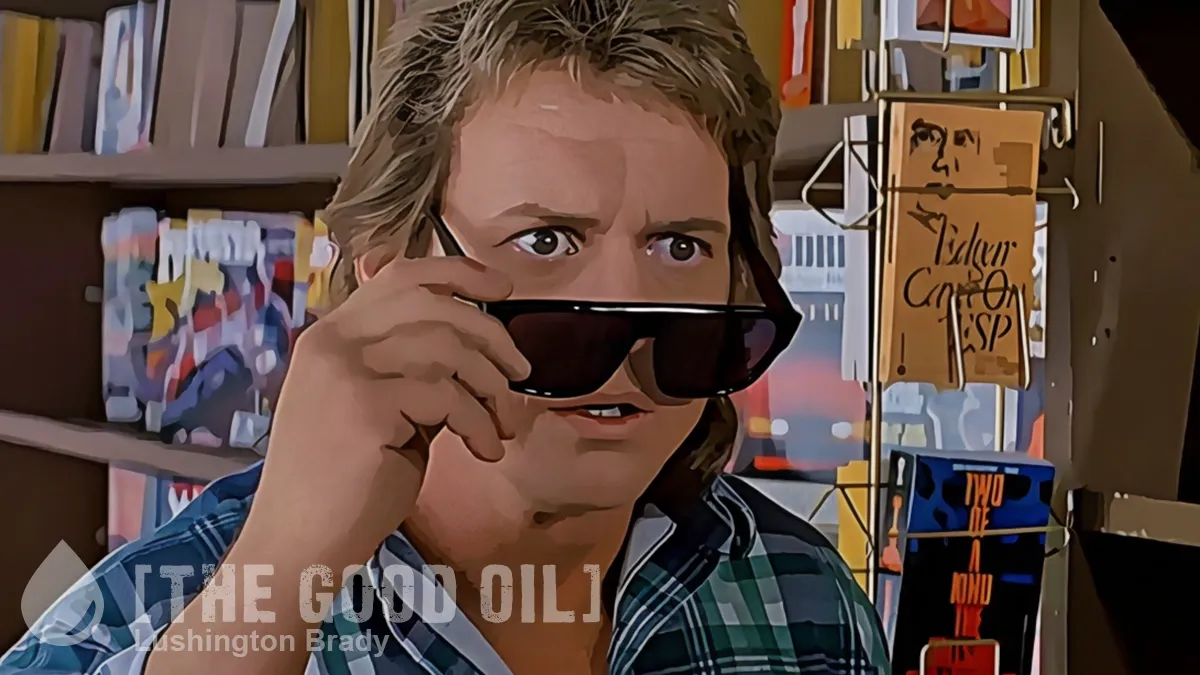Table of Contents
In a detailed and fully-referenced paper, Wellington researcher/analyst Barbara McKenzie has published a withering rebuttal of PM Jacinda Ardern’s comments in a speech lauding the passage in the NZ Parliament of the Zero Carbon Bill.
[…]The Zero Carbon Bill has just passed its third reading in parliament, in what Jacinda Ardern calls the ‘nuclear moment for this generation’. What she means, of course, is that Parliament is in effect nuking the New Zealand economy, and the New Zealand environment, on the back of what is frequently referred to as the greatest hoax in the history of science.
NZIER [NZ Institute of Economic Research] estimate the cost of Zero Carbon 2050 at $85b per year, about 28% of current GDP. This is economic suicide over New Zealand producing 1/588th of global man-made greenhouse gases. It will be worse if the primary sector is ruined.
Steve Collins, Climate Chains: Follow The Science, Not Emotion
[…] If one assumes that Ardern understands the subject matter of modern New Zealand’s ‘nuclear moment’, then one must also assume that any errors in her grandiose claims must made with full cognisance. And so we talking of deliberate falsehood rather than ‘mistakes’; these falsehoods include:
- The world is warming (ie unusually);
- The sea is rising (ie unusually);
- We are experiencing extreme weather events (ie to an unusual degree);
- New Zealand’s actions with regard to CO2 and methane will make a difference;
- The government is concerned about the environment;
- The government is concerned about food production.
- ‘The world is warming, undeniably it is warming’
If it were snowing at sea level in Rarotonga, politicians would be claiming that the world was burning up.
It is true that the world went through a warming between the mid 1970s and about 1998, but then there was a ‘pause’ in temperature increase. There was a pause in the pause, as it were, in the el Nino years of 2015-6, followed by the biggest temperature drop in recorded history in 2017 (see also Global Temperature Drops By 0.4 Degrees in Three Years). Satellite data, which dates from 1979, shows the increase in temperature in the 1980-1990s and then a levelling out (surface temperature data is meaningless due to the lack of gauges).
In 2014 (thus before the 2015-16 el Nino years) the extent of Antarctic sea ice was greater than it had been since 1979, An expedition to Antarctica in the summer of 2017-8 found that the Ross Ice Shelf is freezing rather than melting.
Abrupt changes such as plummeting temperatures and sudden deluges, as have been experienced in New Zealand in September or Greece in the height of the northern summer are consistent with the variability that is a feature of a cooling planet.
The principal weather change likely to accompany the cooling trend is
increased variability-alternating extremes of temperature and precipitation
in any given area-which would almost certainly lower average crop yields.
(John H. Douglas, ‘Climate Change: Chilling Possibilities’, Science News Vol. 107
Thu, 25 Sep 1975, reproduced here )
You can read the in-depth article in full here.
https://thebfd.co.nz/2019/11/national-votes-for-zero-carbon-bill/









